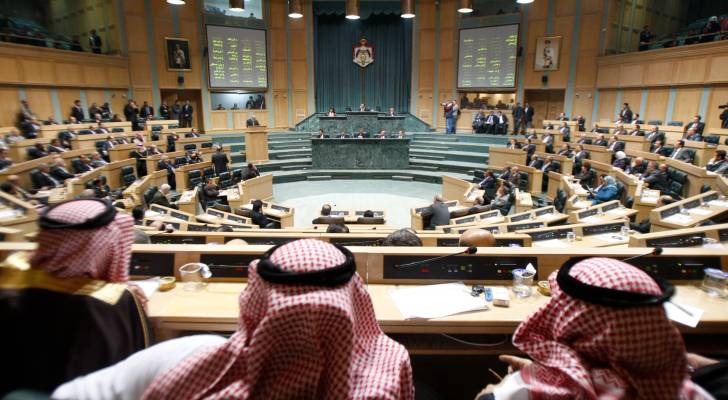Parliament (Credit: Getty Images)
Parliament's financial accountability sparks controversy
The issue of some members of the 20th Jordanian Parliament failing to meet their financial obligations from their election campaigns ignited considerable debate among the public and in the media.
This controversy stems from voter expectations that their representatives should embody responsibility and integrity, particularly as they are tasked with advocating for citizens' interests and rights.
Ironically, some parliamentarians, who position themselves as champions of people’s rights, have neglected to settle the financial dues owed to organizations that supported them during their campaigns. This conduct has raised serious concerns about their credibility in fulfilling their legislative and oversight responsibilities.
The situation highlights the urgent need to reevaluate the criteria for selecting parliament members and to implement penalties for financial misconduct that could tarnish the image of the legislative body. Experts argue that adherence to financial obligations is a crucial indicator of integrity and should be strictly enforced to build public trust in elected officials.
In response to this controversy, there are calls for clear legislation mandating that parliament members settle any debts or financial obligations tied to their election campaigns prior to assuming office. This would serve as a prerequisite for both candidacy and continued service in their roles.
Ultimately, this discussion presents an opportunity to reinforce the ethical responsibilities of parliamentarians in honoring all their obligations to the public, whether financial or legislative.




